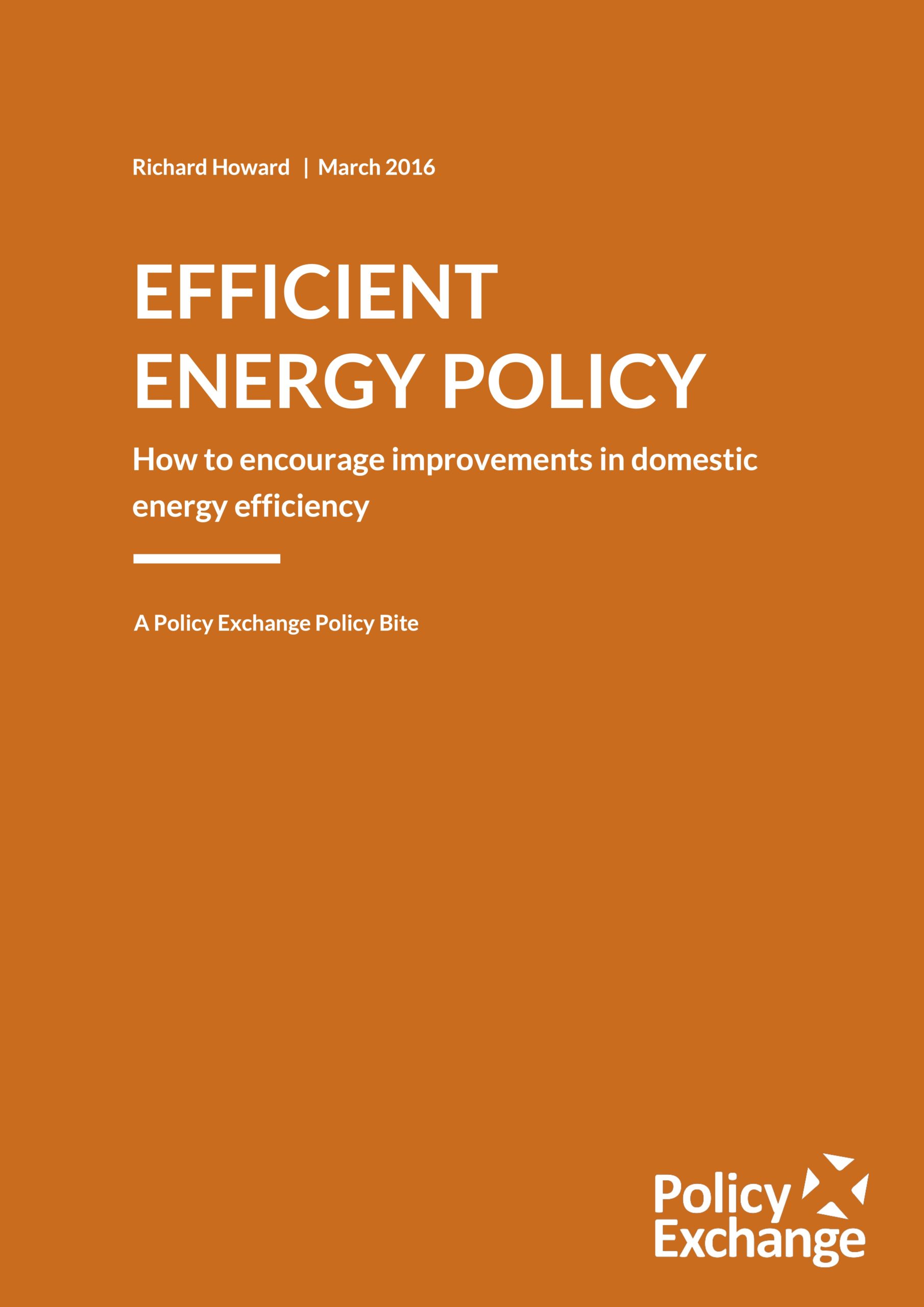
Efficient Energy Policy
Home-buyers would be encouraged to buy more energy efficient properties if Stamp Duty was directly linked to the energy performance of a home.
The report by think tank Policy Exchange says that the UK has some of the least efficient housing stock and highest rates of fuel poverty in Europe. It argues that promoting home energy efficiency could not only reduce energy bills, but is also one of the cheapest ways to cut carbon emissions.
Previous schemes such as the Green Deal failed to encourage households to become more energy efficient as the offer was not sufficiently compelling. Green Deal loans were only taken up by 16,000 households against the original plan to support millions of homes and businesses.
Instead of treating energy efficiency in isolation, the report argues that policies should aim to embed energy efficiency into the housing market and house prices. It identifies two complementary policies which would encourage home-buyers to purchase a more efficient home:
- Linking Stamp Duty to energy performance, to create an incentive to purchase a more energy efficient home
- Reforming mortgage affordability tests to better reflect the energy performance of a property and encouraging lenders to offer energy efficiency mortgages
Under the first proposal, a home-buyer purchasing a house worth £220,000 (the median average house price in the UK) would see a £500 reduction in Stamp Duty costs. Inefficient properties would, conversely, see a rise in Stamp Duty costs, making the policy fiscally neutral. A £220,000 property with a poor energy efficiency rating would see Stamp Duty rise from £1,900 to £2,470. However, the report also suggests offering a Stamp Duty rebate if energy efficiency improvements – such as fitting insulation or a new boiler – are made to a less efficient property within 12 months from the point of purchase.
Since Stamp Duty is not paid on properties below £125,000 there would be no impact on lower value properties at all. The report says the reforms should be gradually phased in and that the adjustment in Stamp Duty would be no more or less than £2,500 regardless of the value of the property.
It estimates that as many as 270,000 households a year could be encouraged to undertake energy efficiency improvements based on the policy.

